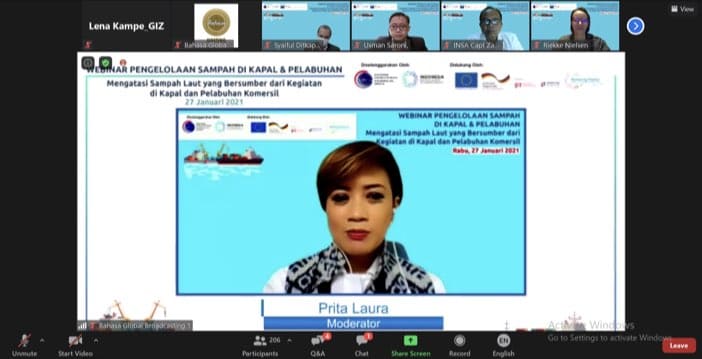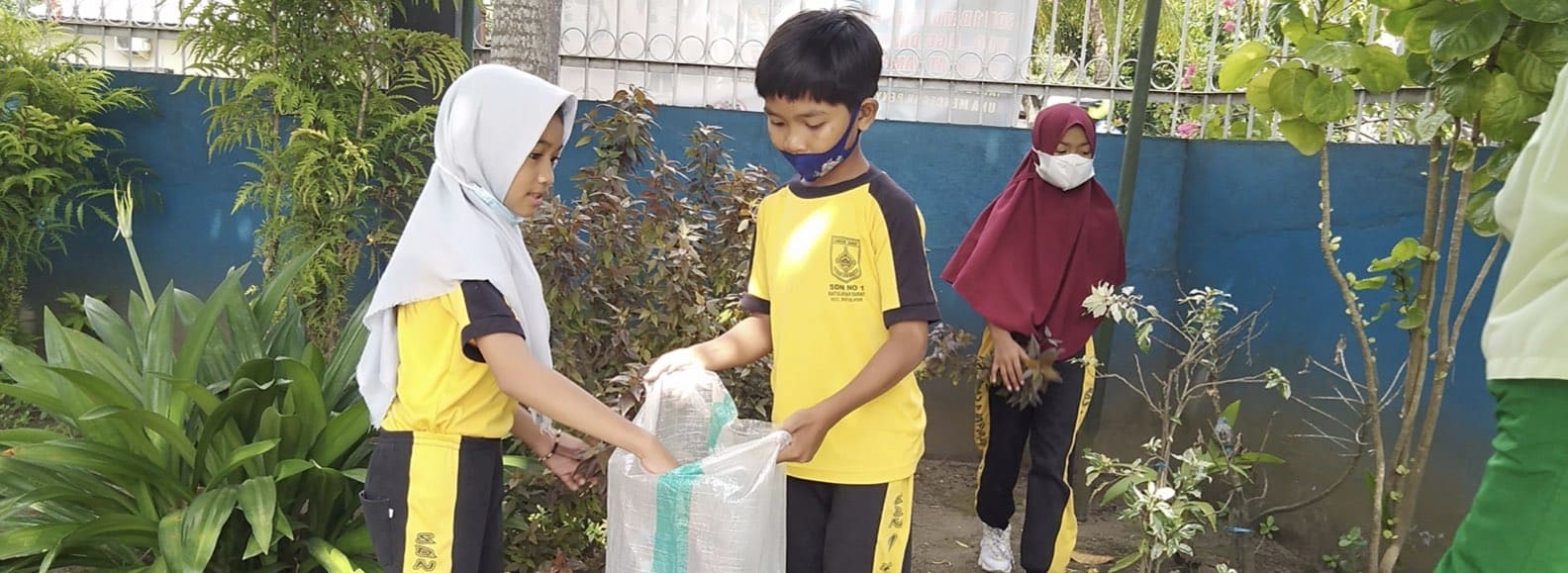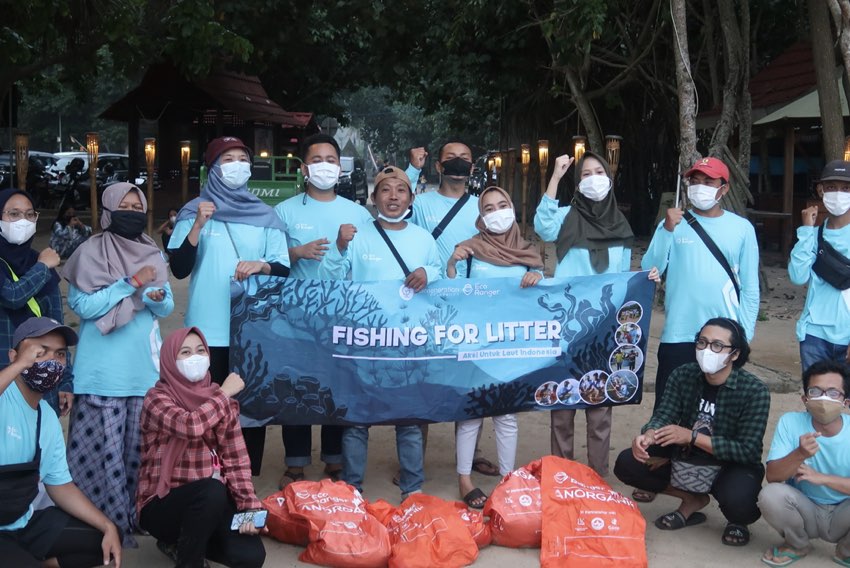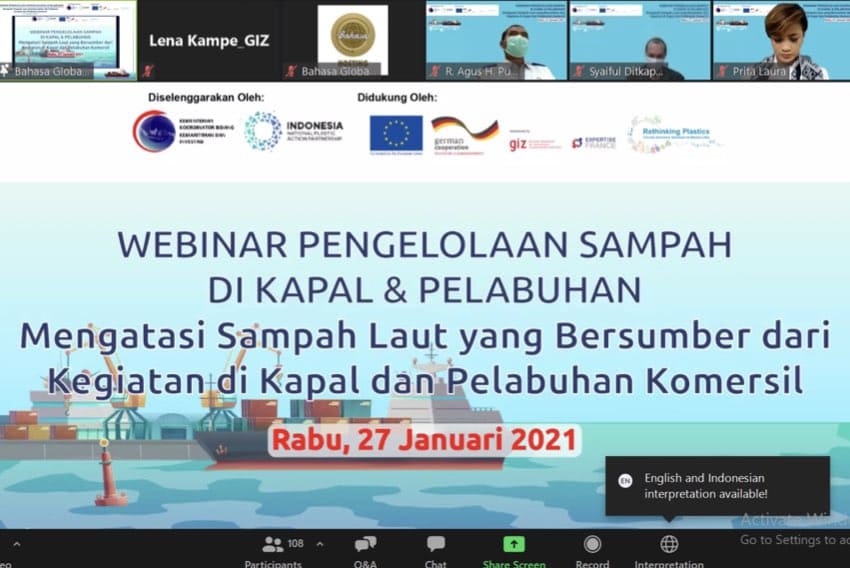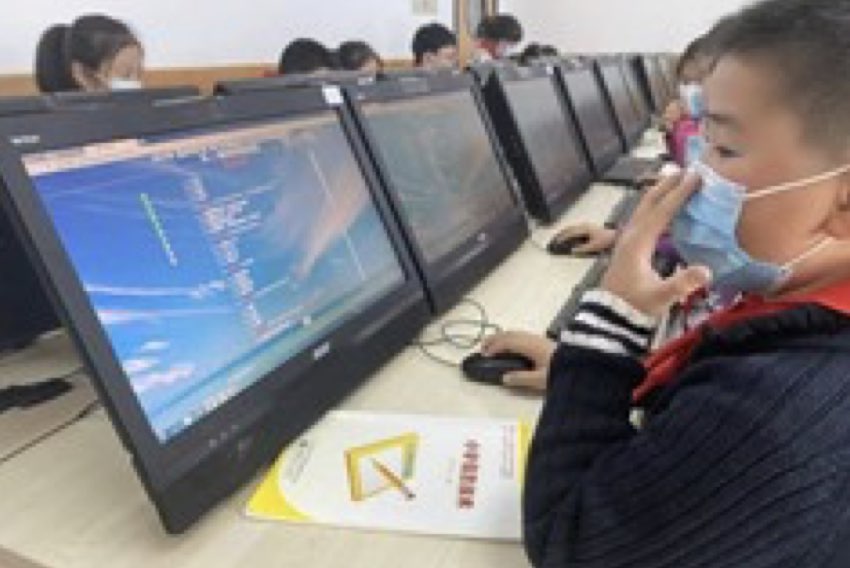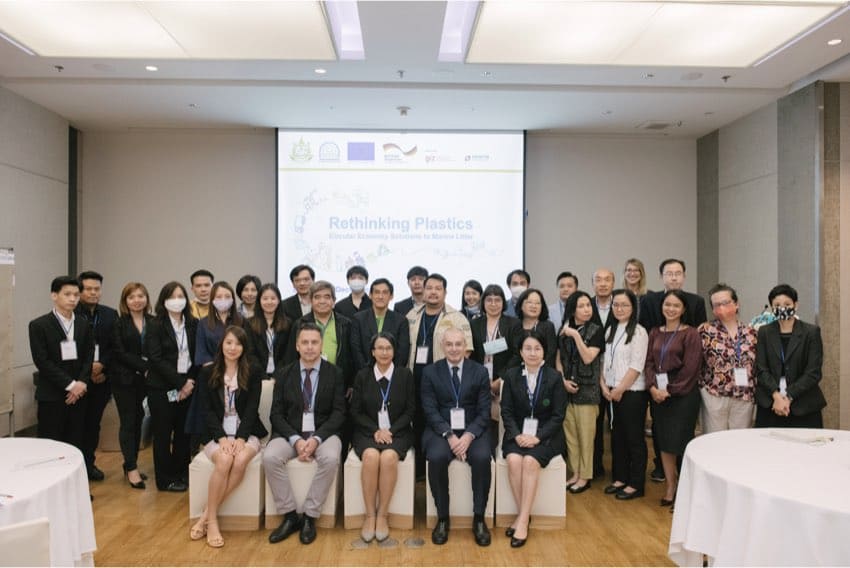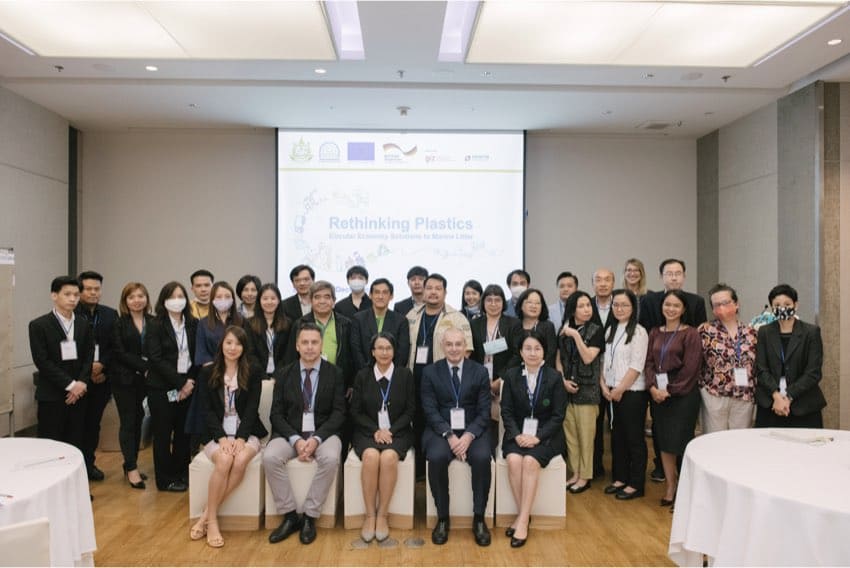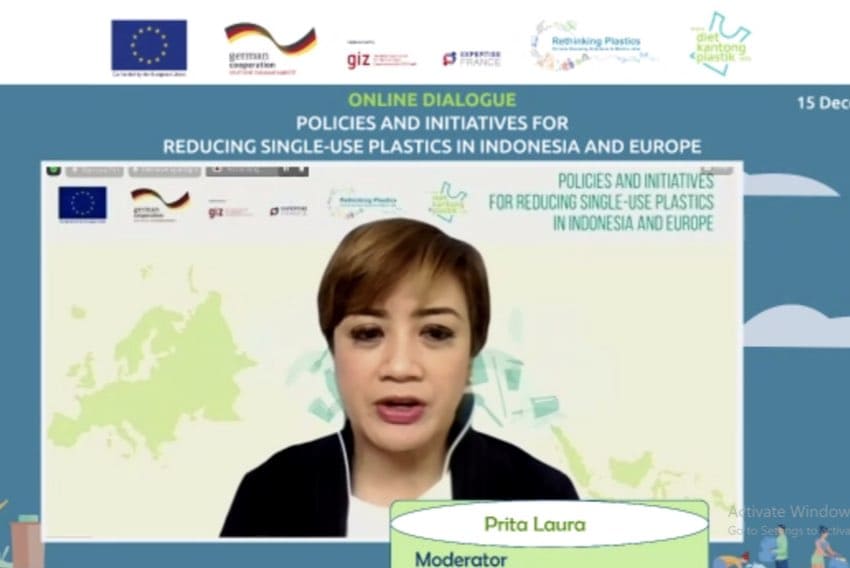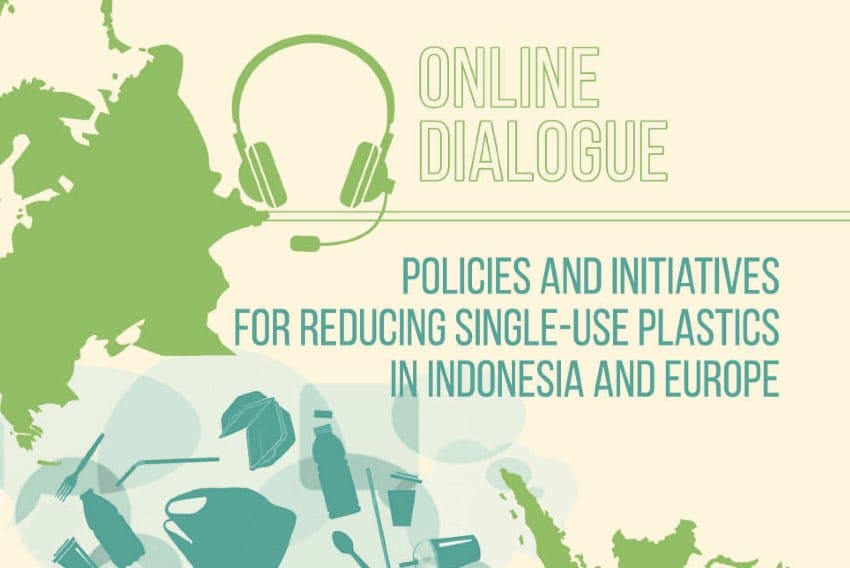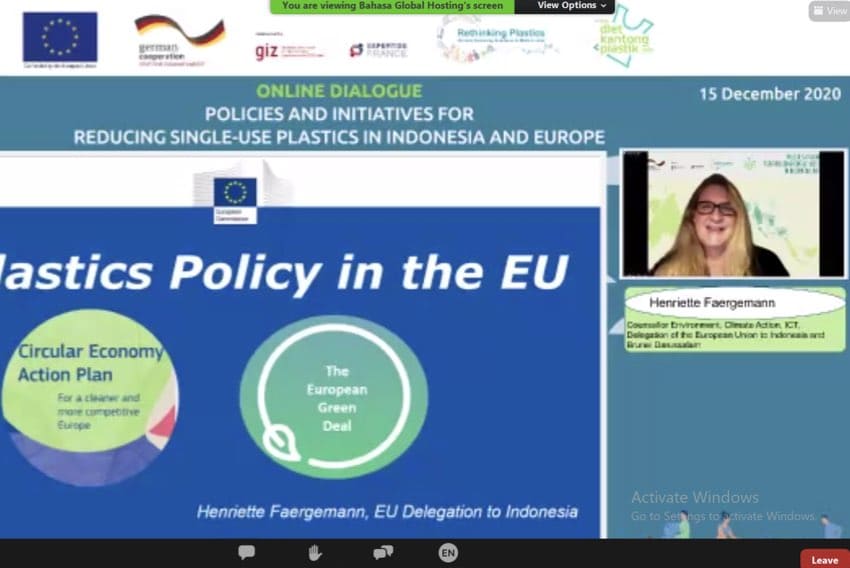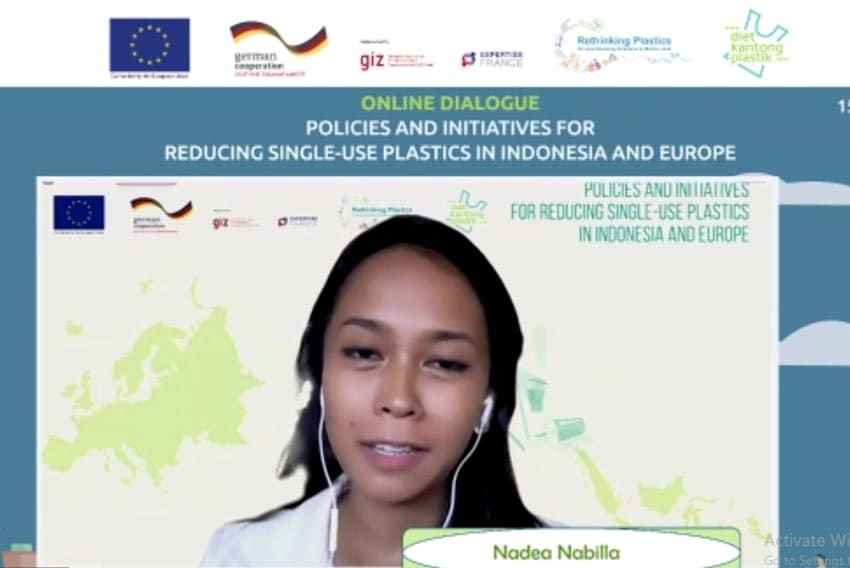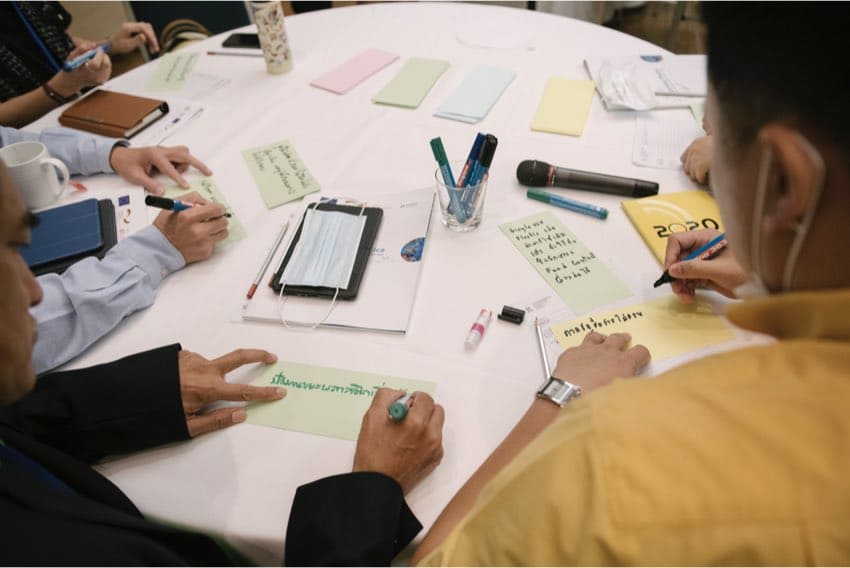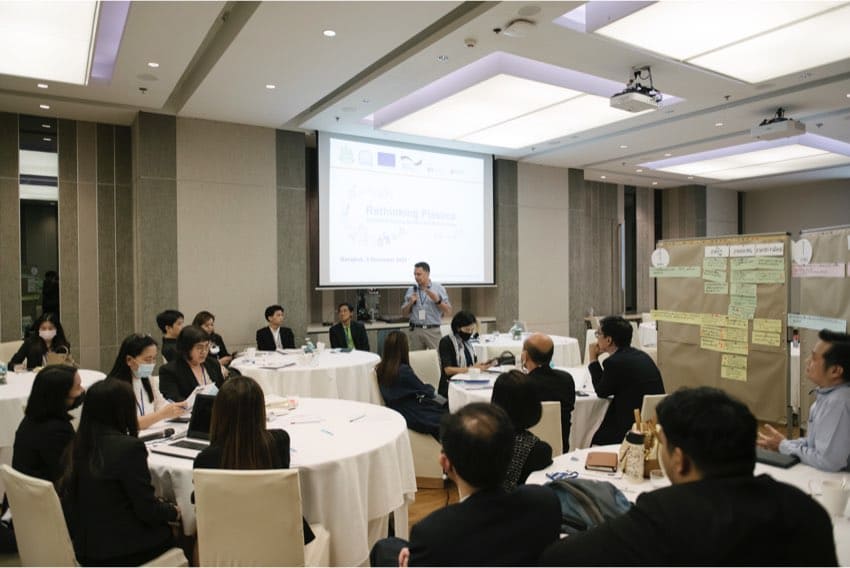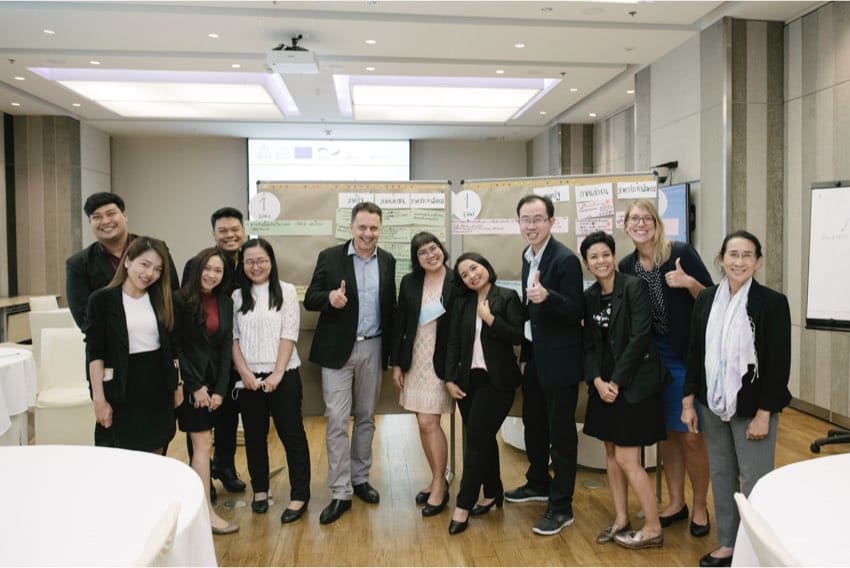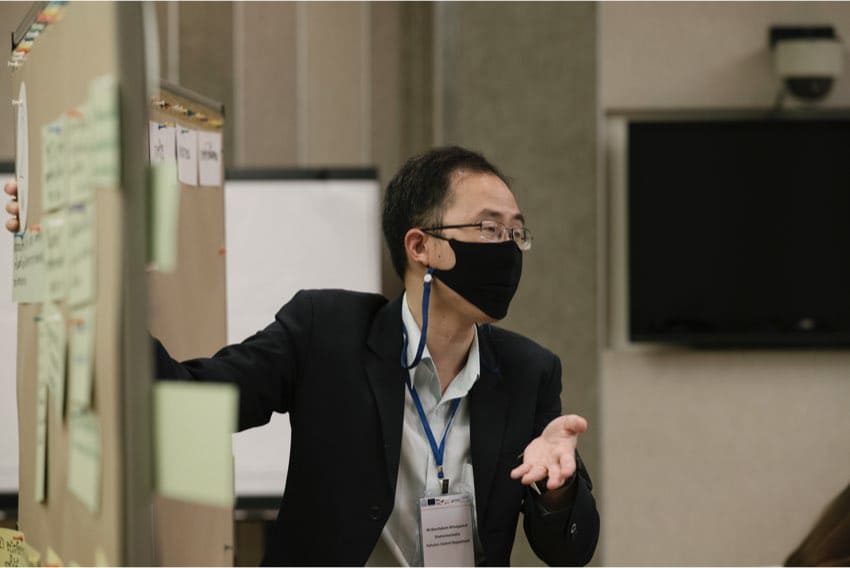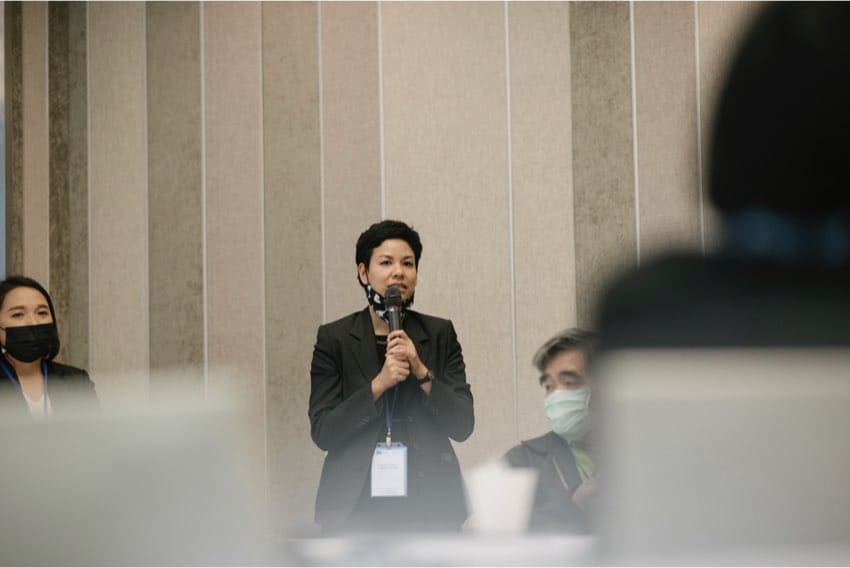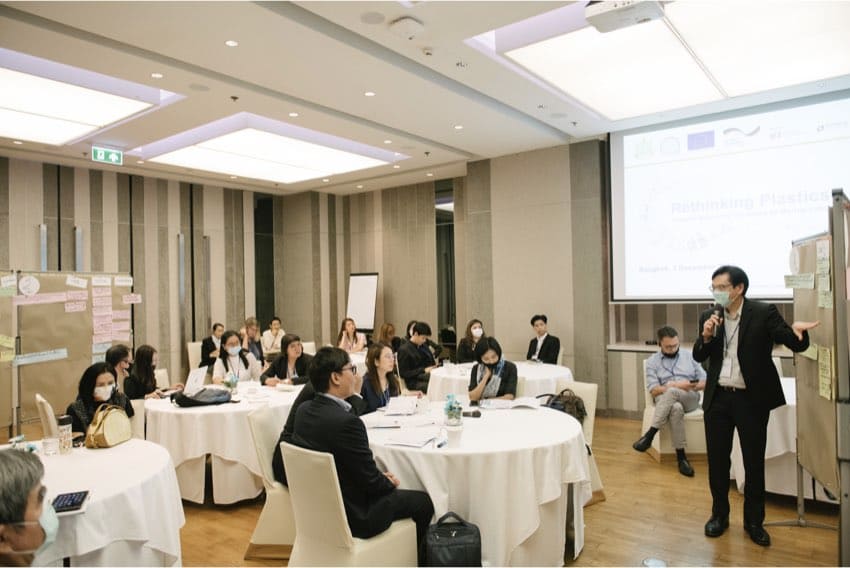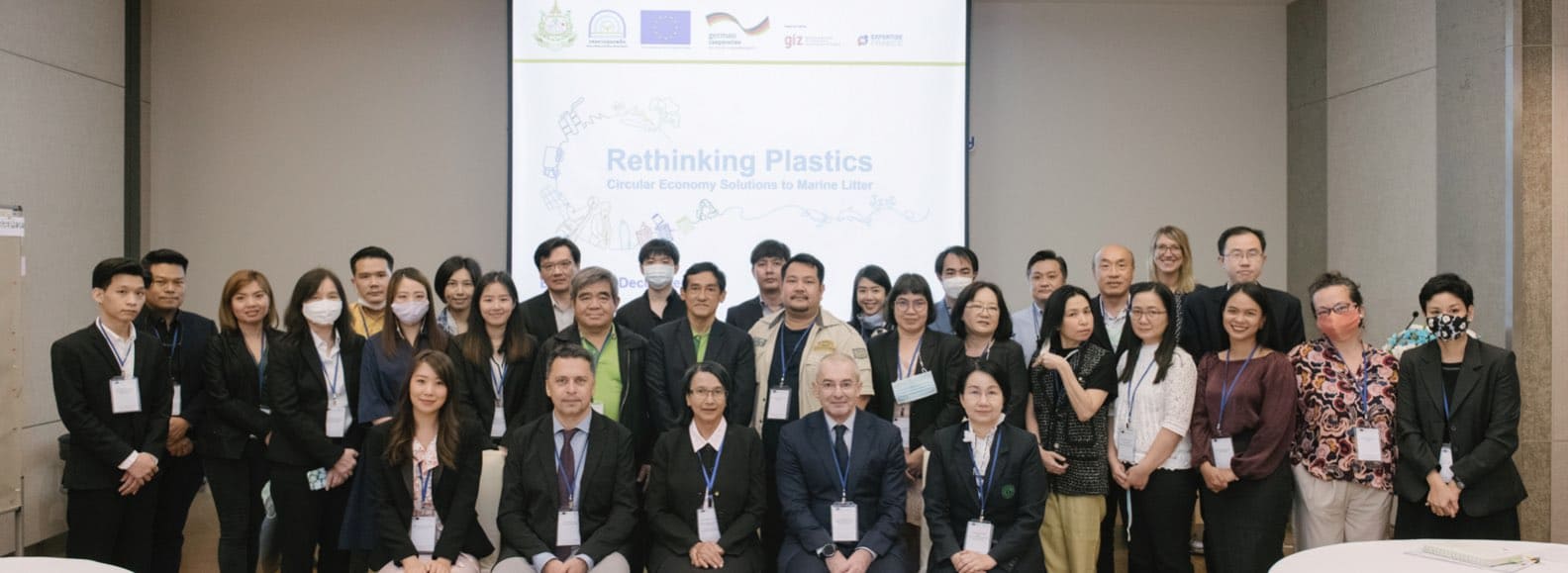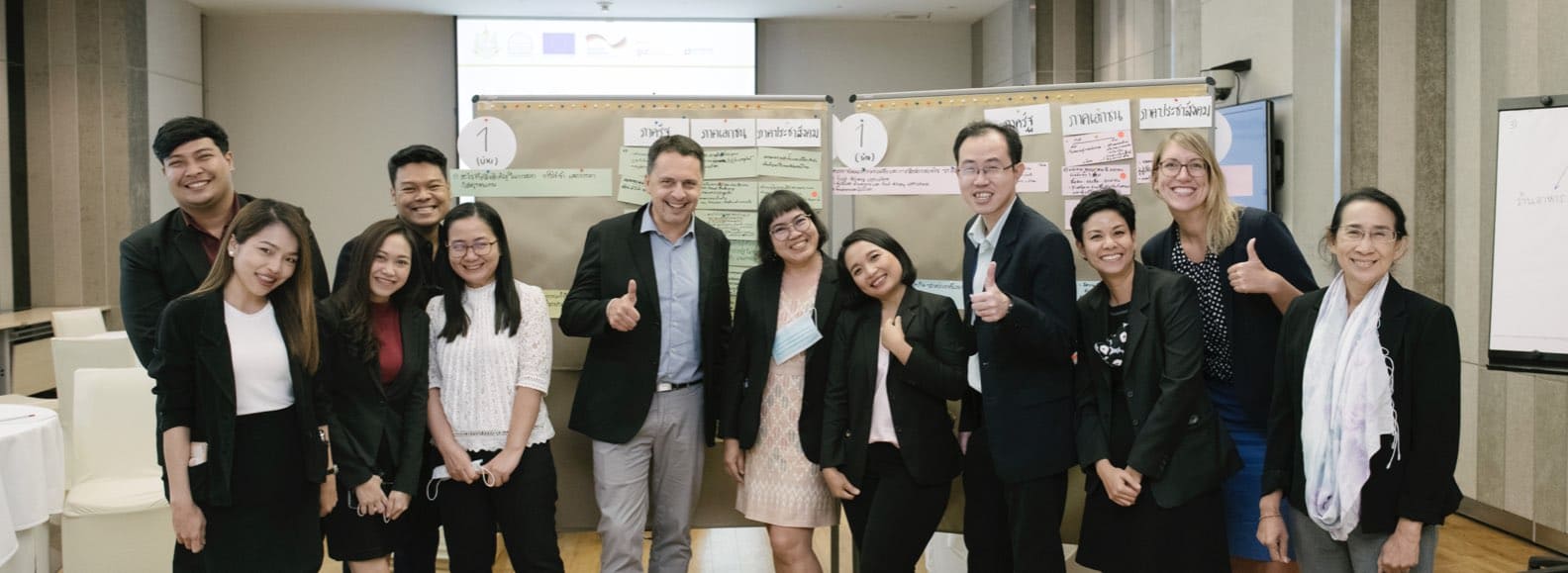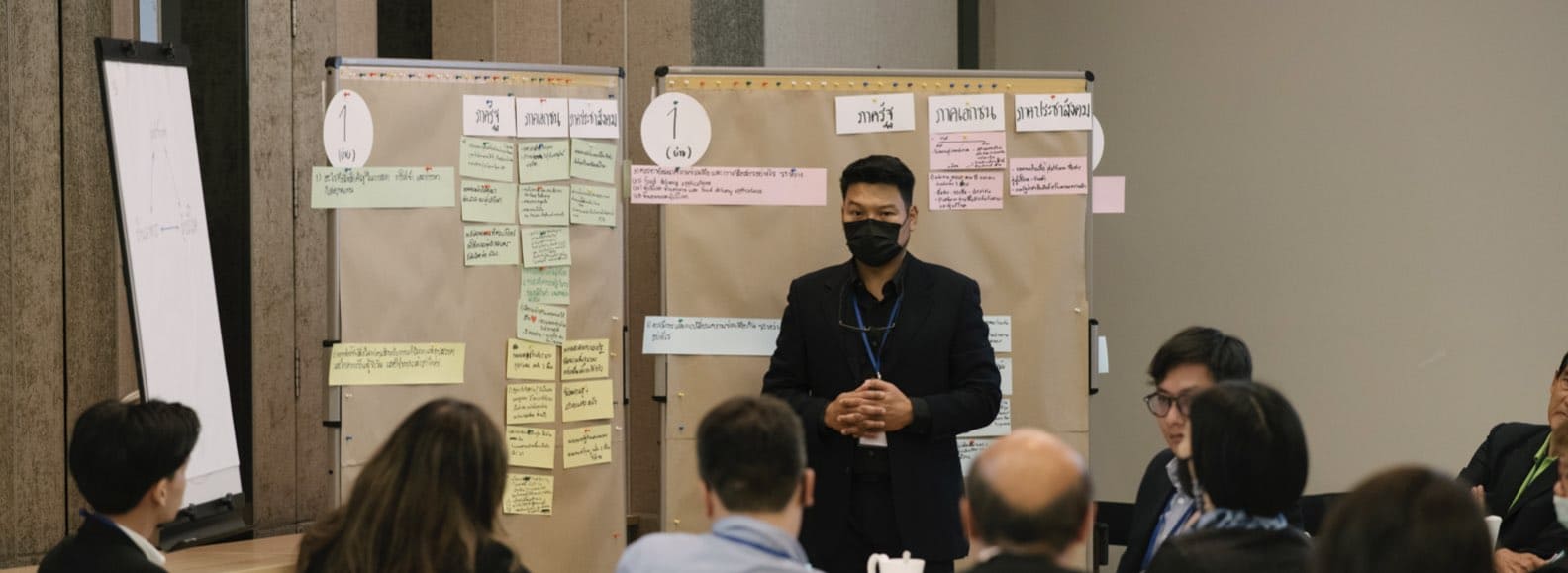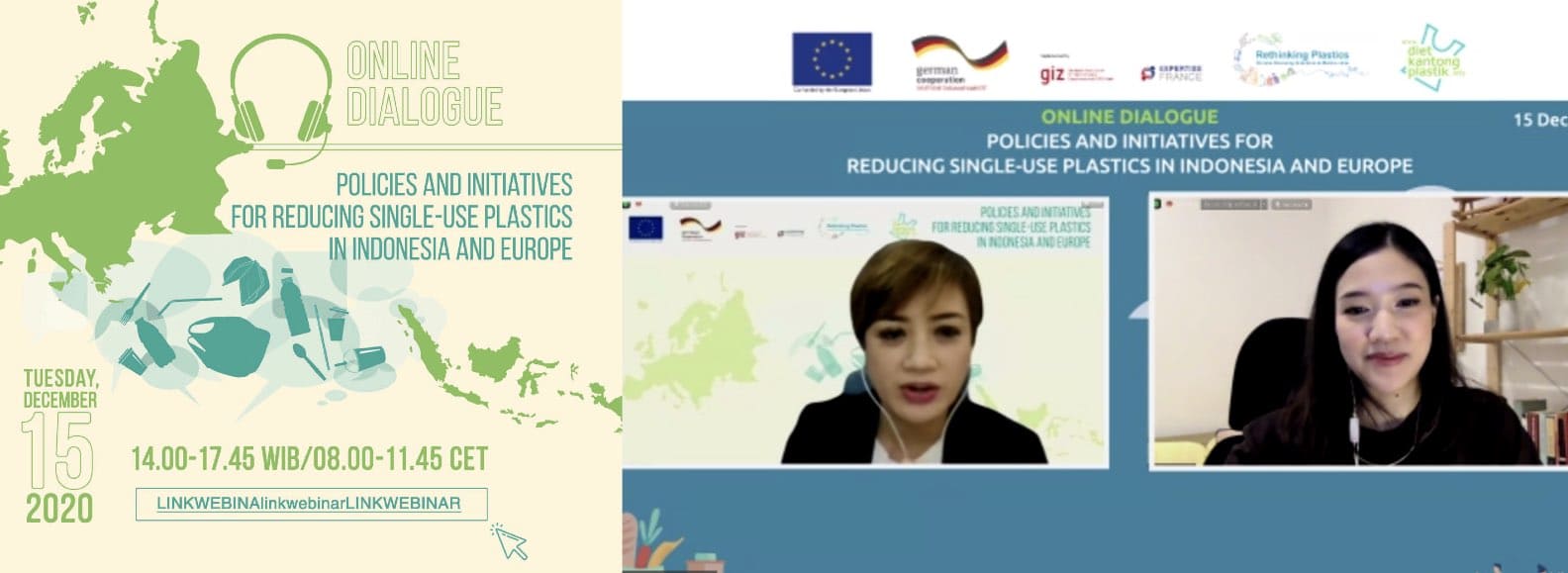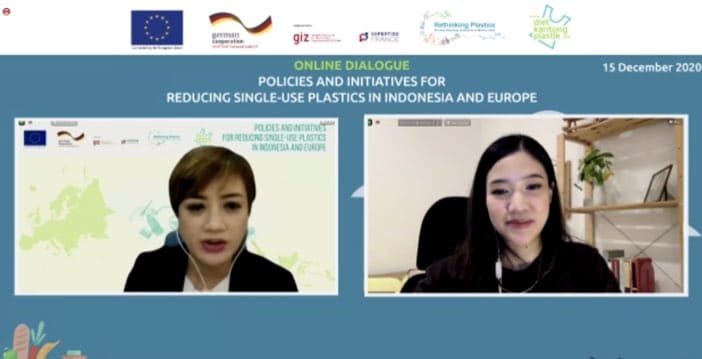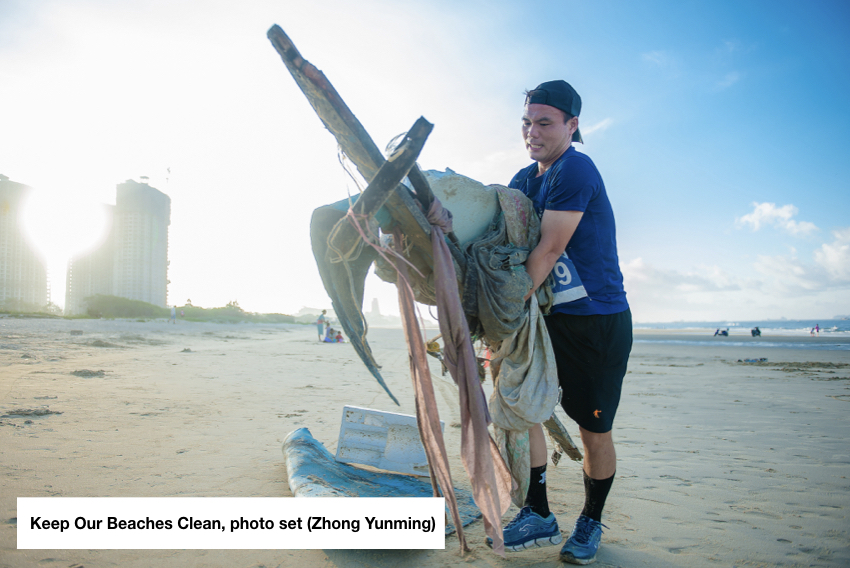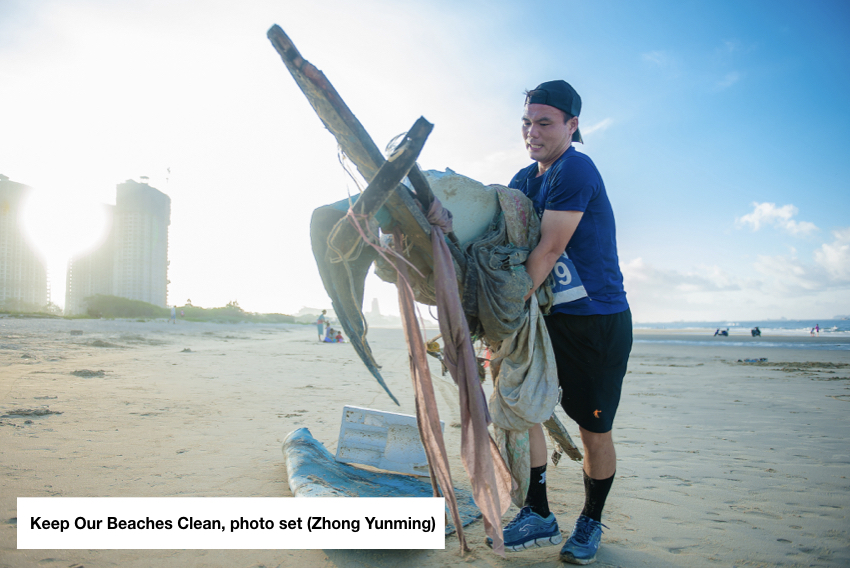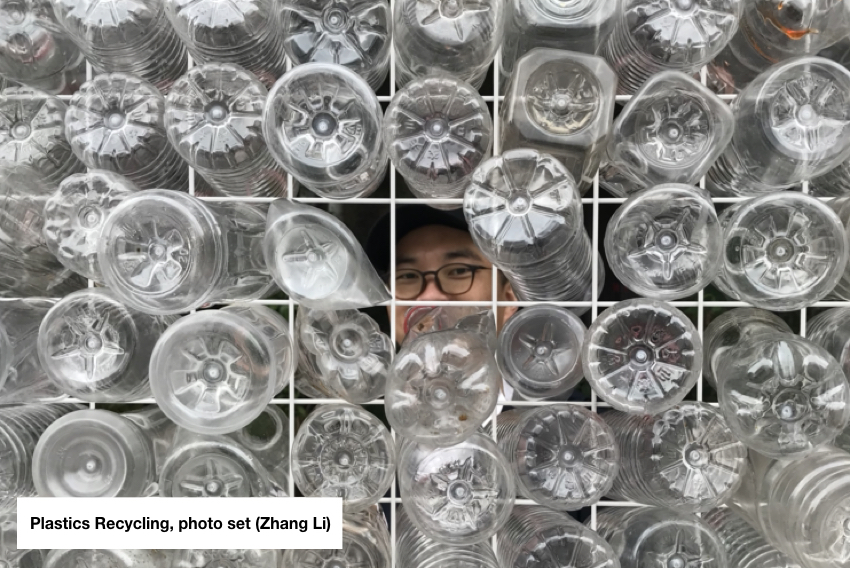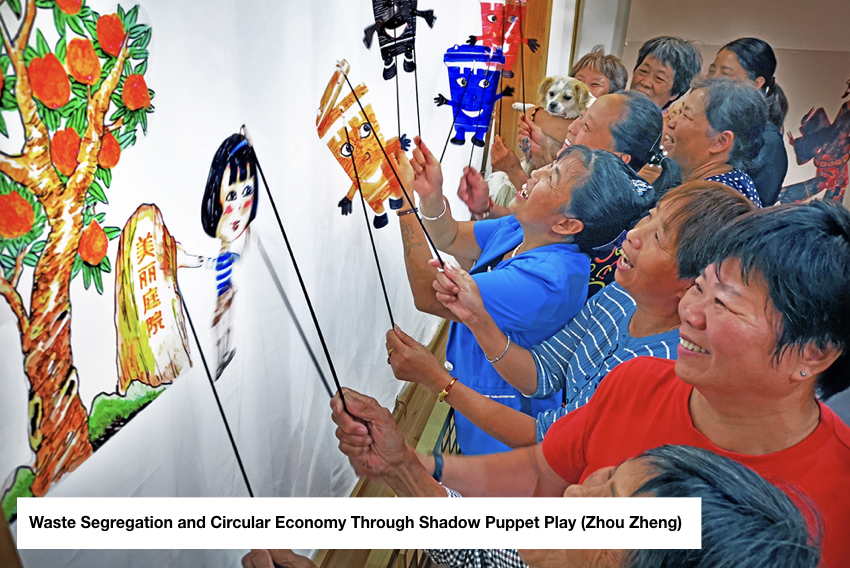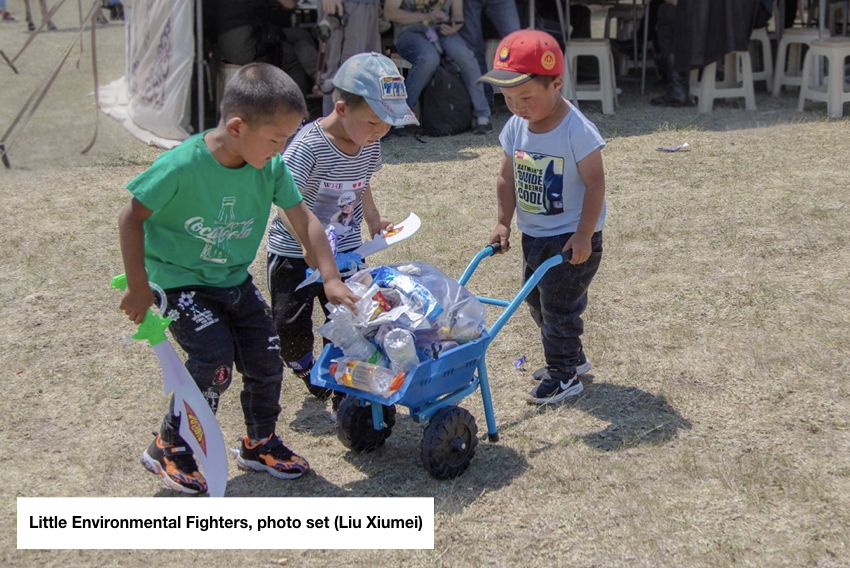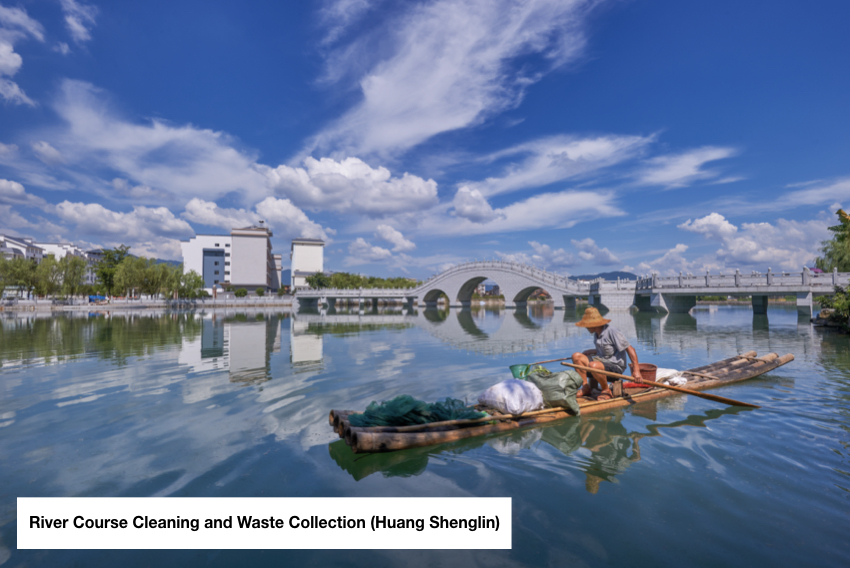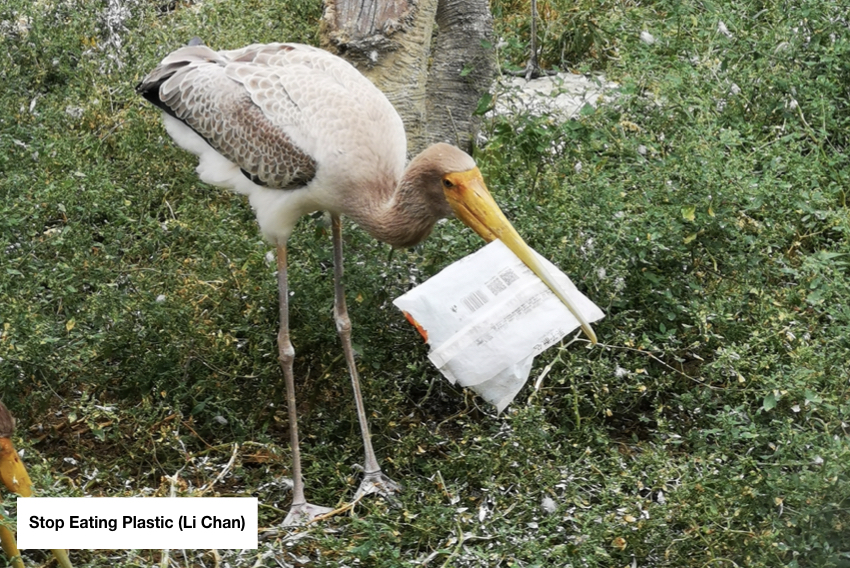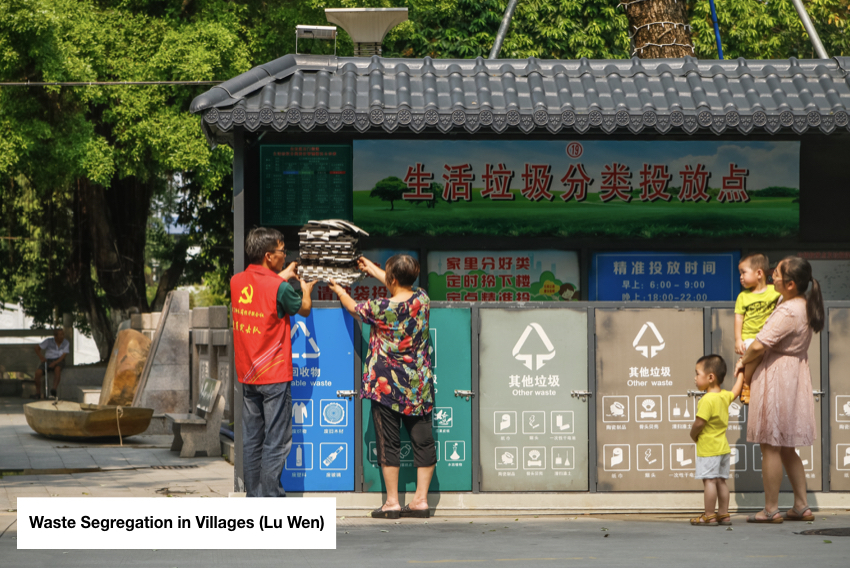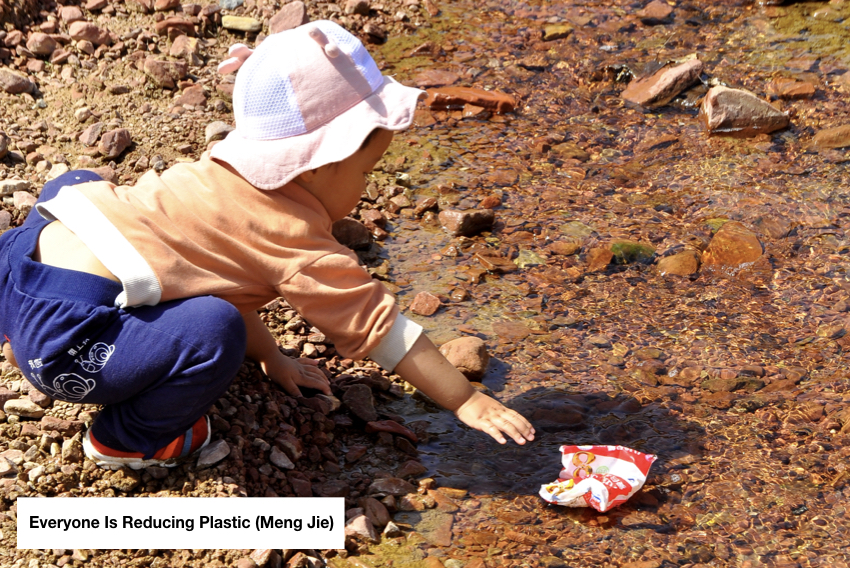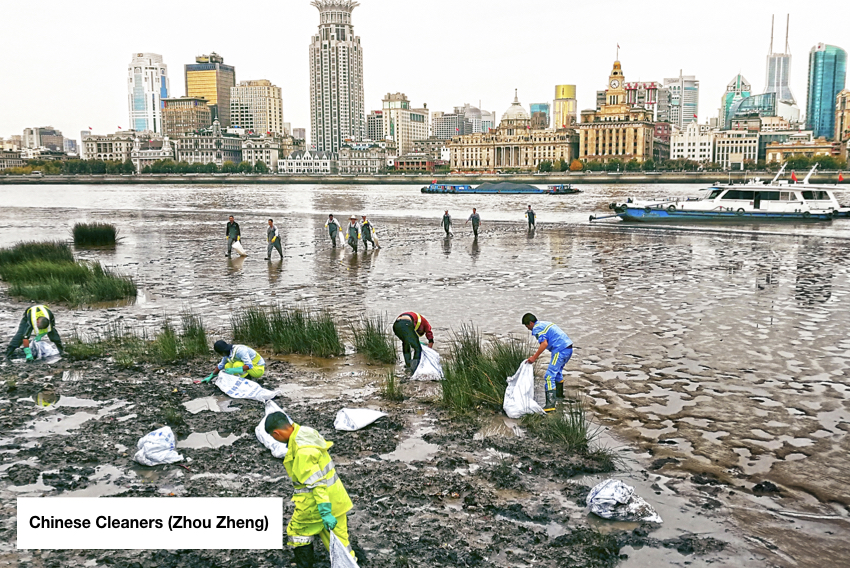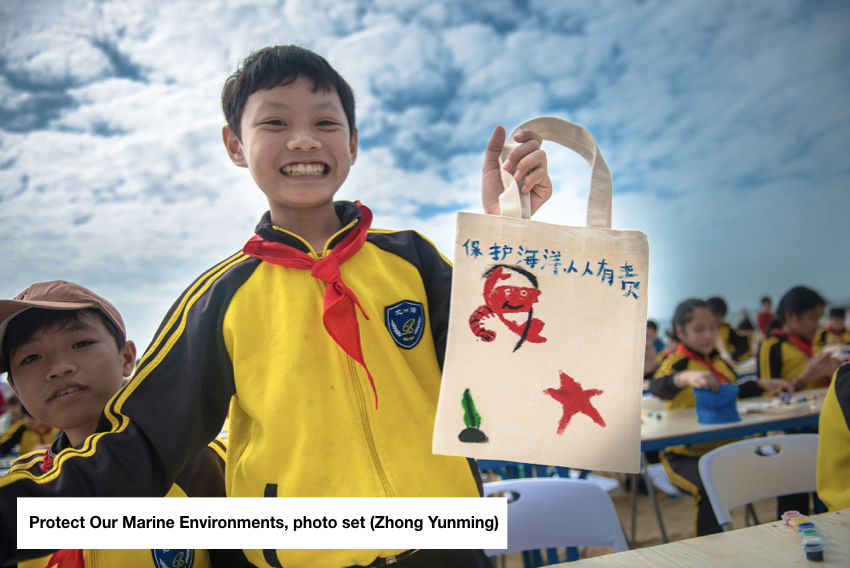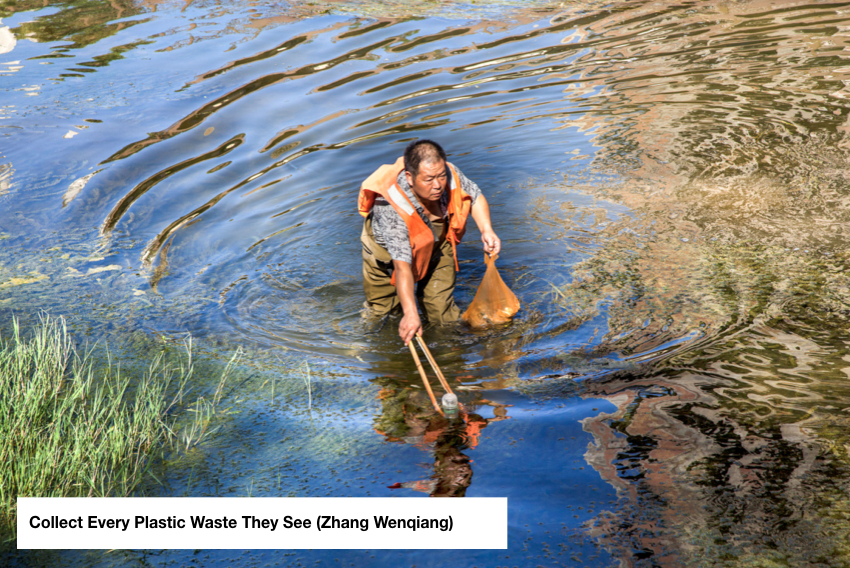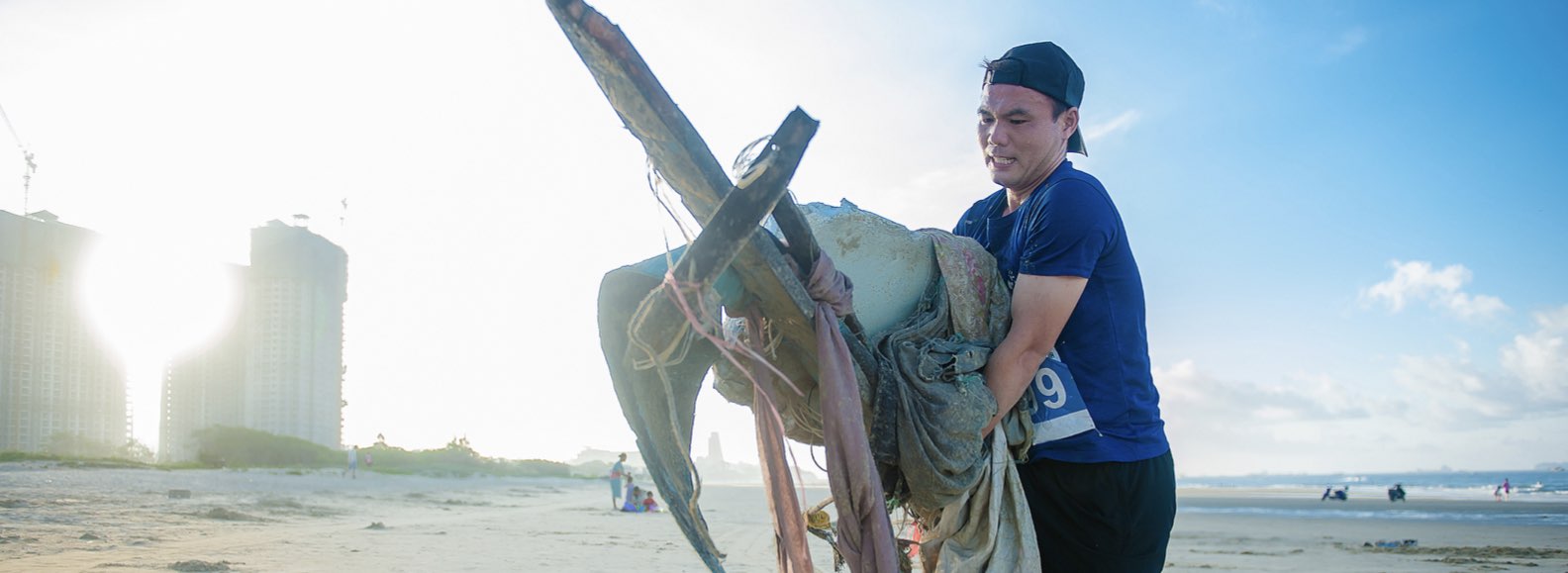- Country: Indonesia, The Philippines, Thailand, Vietnam, China
- Gallery:
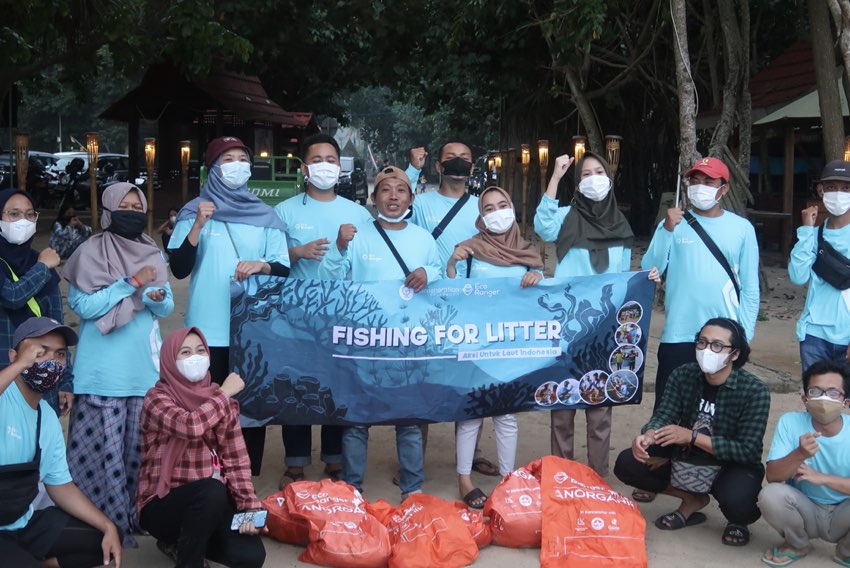
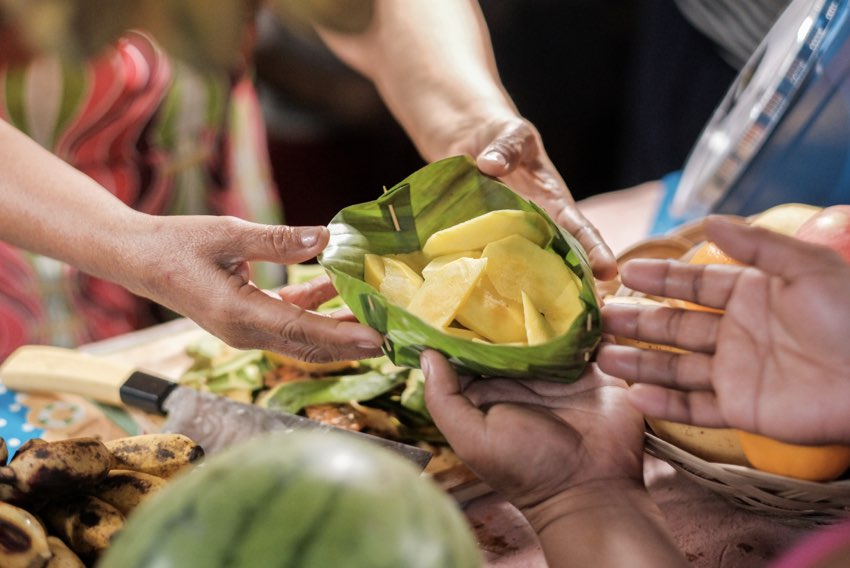
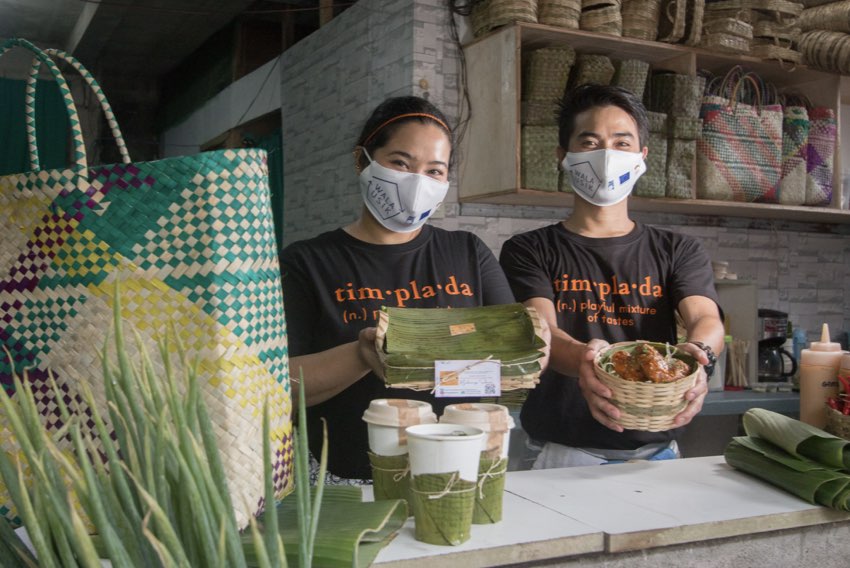
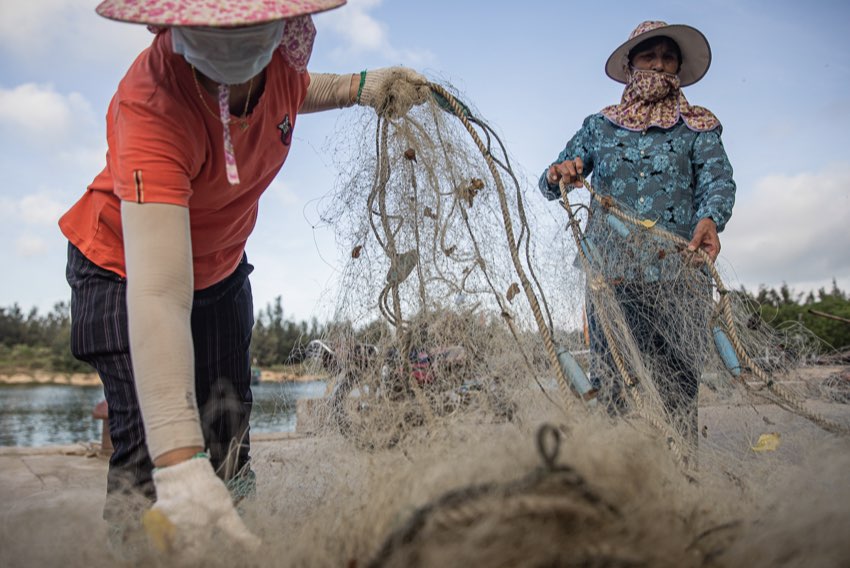
- Partner text box: https://www.pimclick.com
- key Area: Ports & Fisheries, Consumption & Production, Waste Management
- Related item: A Better Collection of Drinking Bottles, A Better Ship Waste Handling in Vietnamese Ports, A Circular Economy for Islands, A Supermarket Alliance to Reduce Single-Use Plastic Bags, Clean Fishing Ports, Ecorangers Tackling Marine Litter, Engaging the Fishing Community in Plastics Collection, Fishing for Litter in Hainan, Households Fit for Recycling, Improving Ship Waste Management in Chinese Commercial Ports , Improving Ship Waste Management in Philippine Ports , Innovative Plastic Mulch Film Collection, Less Plastic Packaging in Deliveries, Promoting Innovative and Sustainable Packaging, Reducing Plastic Waste in Iloilo City, Ship Waste Management 2.0, Single-Use Plastic Free Schools , Wala Usik – Nothing is wasted
- Banner1:
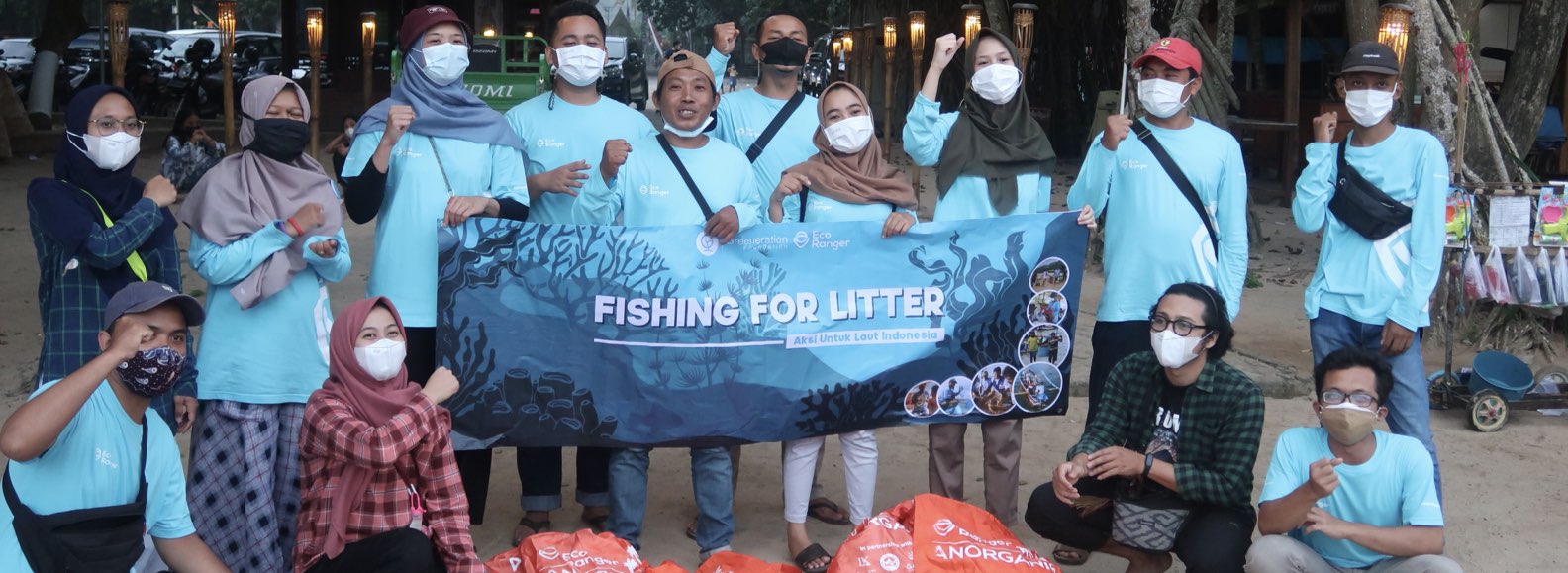
- Text Body 1:
How to stop plastics from finding their way into the ocean? ’Rethinking Plastics’ works on solutions together with seven countries and a lot of experienced partners in East and South East Asia.
- Picture 1:
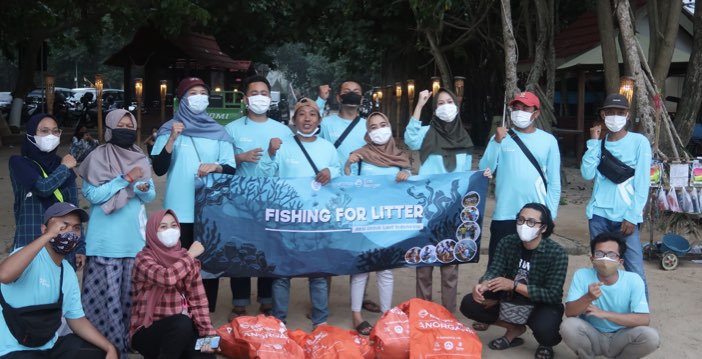
- Text Body 2:
Part of these efforts are pilot projects, which test new approaches and upscale best practices to prevent marine plastic waste and are implemented by non-profit organisations. Beginning of March, ‘Rethinking Plastics’ announced the 23 selected pilot projects in China, Indonesia, the Philippines, Thailand and Vietnam which are supported with a total budget of around 2.7 million Euro. They cover approaches for the management of plastic waste, sustainable consumption and production of plastic as well as the reduction of litter from sea-based sources, such as ships and fishing vessels.
- Picture 2:
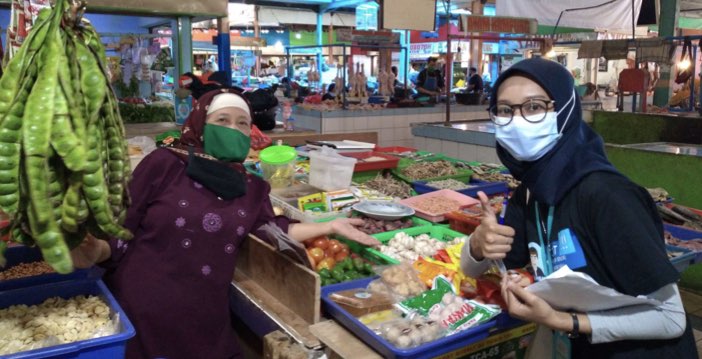
- Country: Indonesia
- key Area: Ports & Fisheries
- Banner1:
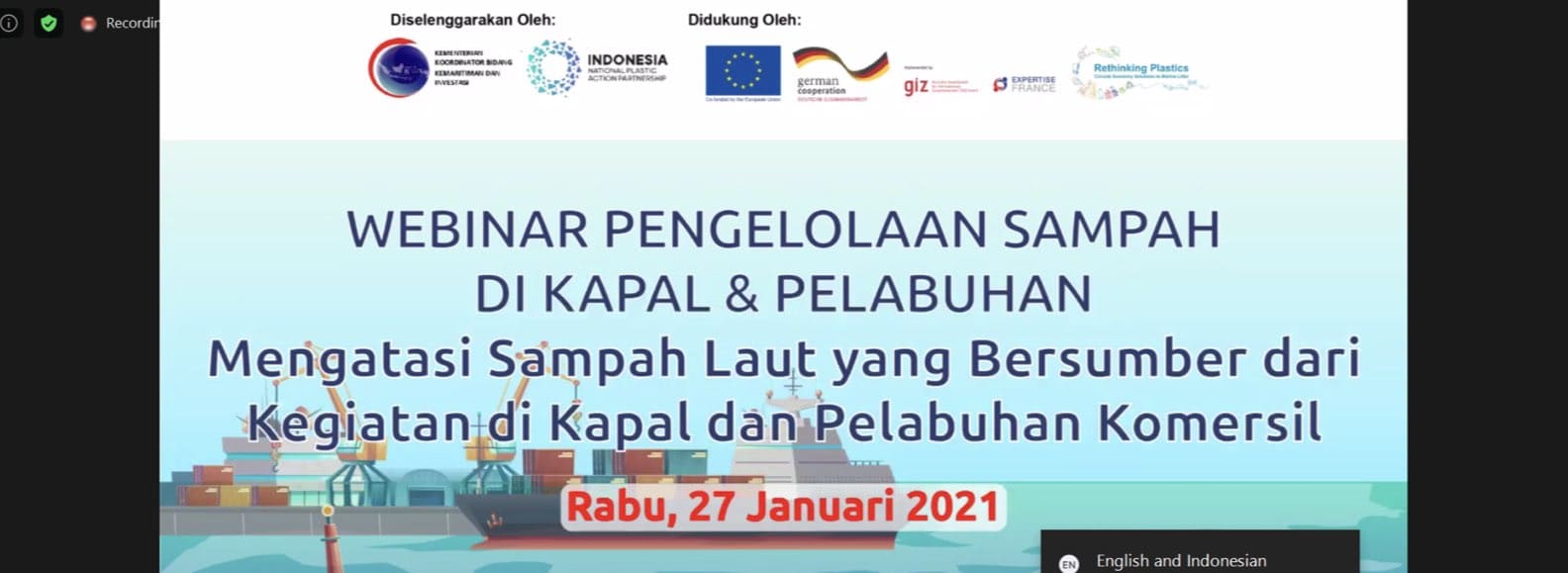
- Banner2:
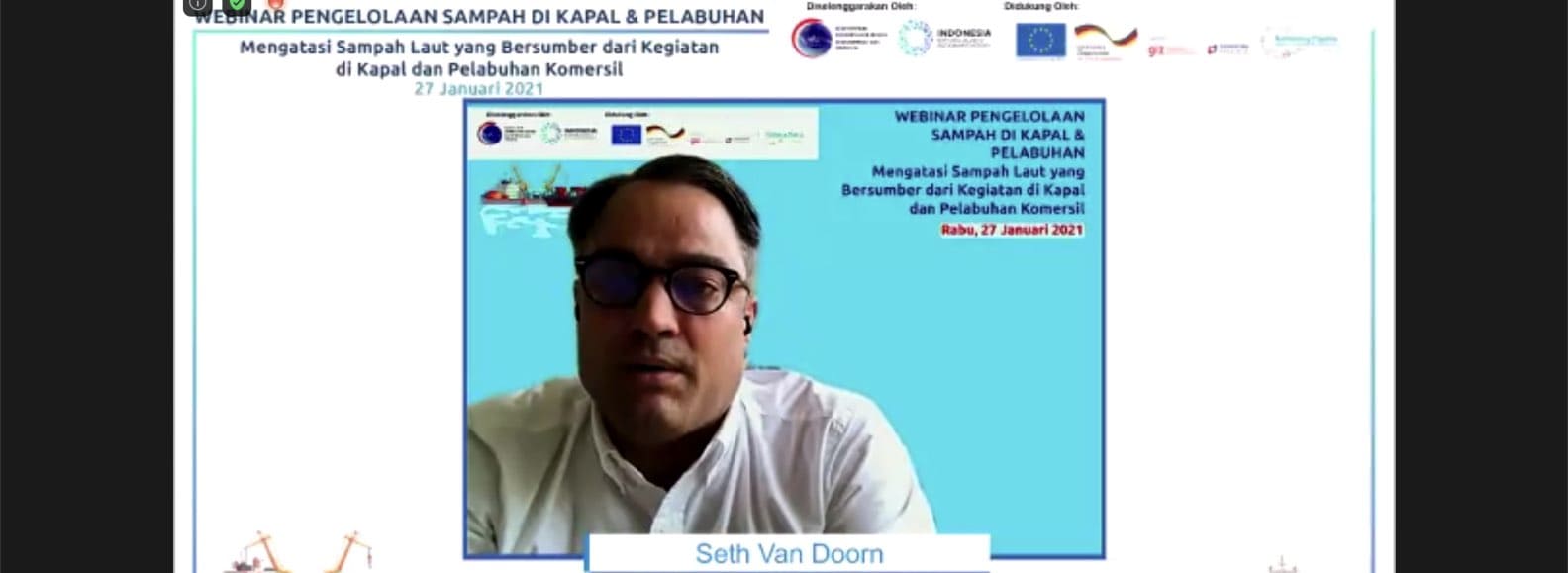
- Banner3:
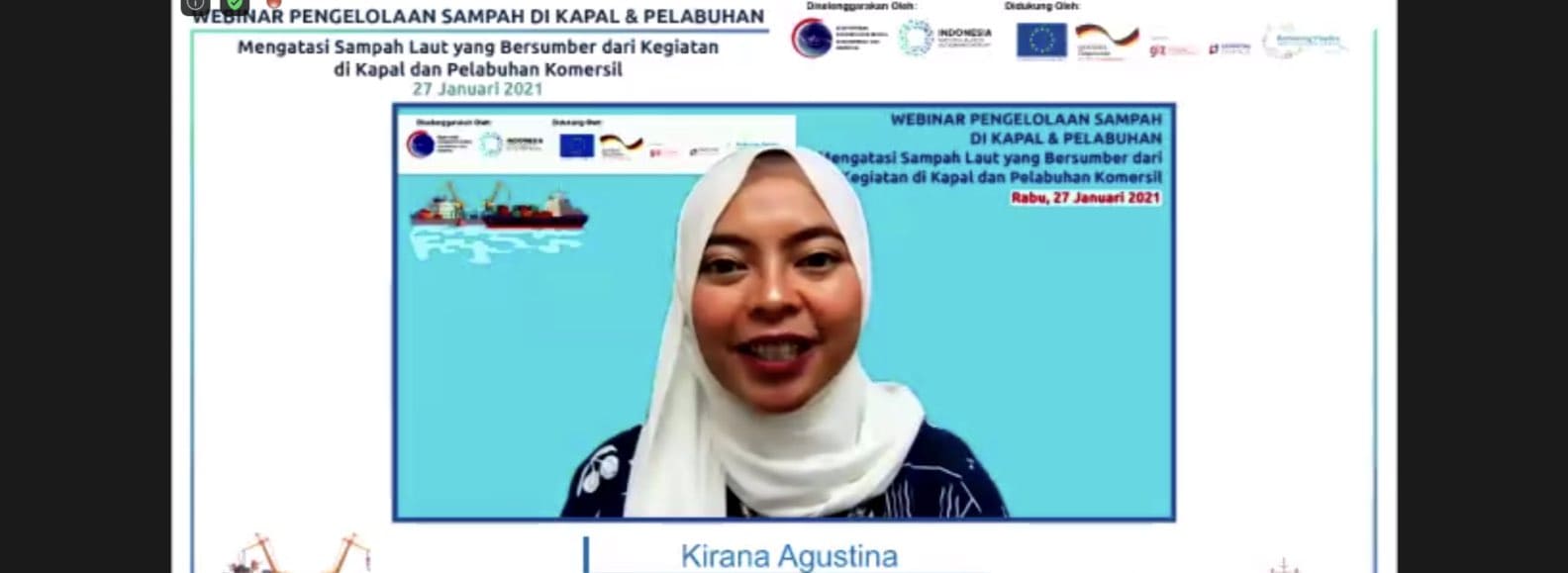
- Text Body 1:
As a response to the growing numbers of plastic waste in the world and specifically in Indonesia, the President of Indonesia issued a Presidential Regulation to Address Marine Debris No 83/2018, which aims to reduce 70% of marine plastic debris by 2025 with concerted efforts of all Ministries. The Regulation outlines priority actions to tackle marine plastic debris sourced from land and sea-based activities. With regards to sea-based activities, sea-transportation together with the fisheries sectors are the priority sectors to combat the potential leakage of plastic litter. A functioning ship waste management in ports is very relevant in this regard.
- Text Body 2:
To initiate discussions on the current situation and direction for the ship and port waste management in Indonesian ports, ‘Rethinking Plastics’ and the Coordinating Ministry for the Maritime and Investment Affairs together with the National Plastic Action Partnership (NPAP) co-organised an online exchange on 'Ship and Port Waste Management: Addressing Sea-based Source Marine Litter from Commercial Vessel and Ports' on 27 January 2021. Besides assessing the current situation, the session also served to share and showcase lessons learnt and experiences from the European Union in addressing ship and port waste management as well as to identify potential policy and technical areas for further development and improvement in addressing ship and port waste management in Indonesia.
It gathered close to 200 participants in total and was officiated by the Director General for Environmental Management and Forestry, CMMIA and presented two keynote speakers of the Director General Sea-Transportation, Ministry of Transportation and the EU Delegation to Indonesia. In addition, international speakers from the EU in Brussels, the International Maritime Office, the Key Expert on sea-based sources of ‘Rethinking Plastics’ and national speakers from the technical directorates under the DG Sea-Transportation, Indonesia Port Corporation (IPC), Indonesia Ship Owner Association (INSA), and the Indonesian Ministry of Environment and Forestry (MoEF) joined the exchange.
The speakers outlined that
- Highlight Quote 1: for vessels, it is essential that they are able to deliver their operational waste and cargo residues to port reception facilities. Such facilities or waste management systems need to be constantly upgraded to serve the growing number of international and domestic ships that bring cargo to Indonesian ports.
- Text Body 3:
Whenever such port waste reception facilities are absent, ships have no alternative but to dump waste illegally into the sea, which can include oily waste, garbage, sewage and specific hazardous waste. This has a huge impact on the marine environment, fishing and tourism industry and undermines steps taken towards sustainable port development. At present, in most Asian ports, waste management is ad hoc with an informal trade system that collects waste which can be recycled.
International conventions, such as MARPOL, regional agreements and national legislation in principle regulate waste management in ports to avoid illegal dumping. In Europe, the EU Directive 2000/59 EC on Port Reception Facilities came into force in 2002, being replaced in 2019 by the Directive 2020/883. Their effect has been significant: the volume of waste delivered to ports has been increasing while illegal dumping of waste was reduced significantly.
Major ports in Southeast Asia are striving towards implementing improved measures as demonstrated for example by ports in Europe. Indonesia’s largest port, the Tanjung Priok port of Jakarta, is also moving in that direction to plan and establish efficient ship waste management.
Based on the session's discussions and findings, recommendations as next steps for Indonesia were developed. They include the need to conduct a Technical and Gap Analysis for Port and Ship Waste Management, and the set-up of a multi-stakeholder forum to strengthen the coordination towards effective management of the ship/port waste.
- Picture 2:
